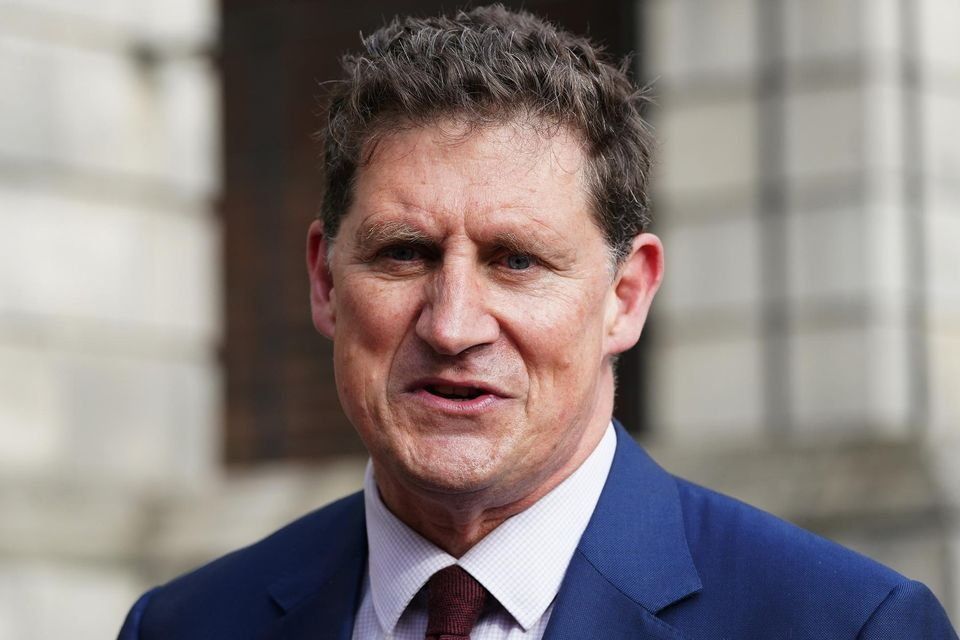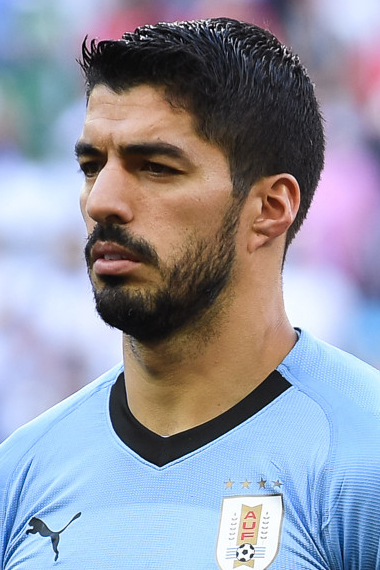
With weather alerts covering much of the country today, we’re reminded once again that, for all our delusions of control, nature always has the upper hand. One person who has done more than most to remind us of this is Environment Minister Eamon Ryan. The former Green Party leader has been “shouting into the hurricane”, as it were, for decades and fighting the good fight on climate change.
He has clearly earned his selection for a key role in negotiating the global climate agreement at Cop29 next month. The talks in Baku, the capital of Azerbaijan, will focus on how we can best cope with the extremes coming our way. Who is to pay, and who is to be given the most, will be top of the agenda.

Good intentions and non-specific commitments will no longer cut it. In 2009, the summit agreed a target of $100bn (€89bn) a year from rich countries to help poor nations, but it took 13 years to reach that target. The situation has been rapidly deteriorating since.
Mr Ryan’s appointment coincides with the publication this week of another deeply concerning report on our global warming challenges. According to the Environmental Protection Agency (EPA) in its State of the Environment Report, unless we up our game, then our progress, economic prosperity and health as a nation will all be threatened. The EPA found that the scale, pace and ambition of our collective environmental actions fall far short in the face of the risks we can no longer escape from.
It recognises progress has been made in some key areas, but overall “continually playing catch-up” is “nowhere near good enough”. Our progress towards clean energies and sustainable living is too slow and too episodic to rise to what is now demanded. The EPA wants to see a “fundamental shift” where the environment is prioritised consistently across decades.
We have been forced to look much harder at our choices when it comes to regeneration, consumption and pollution. Were this a report card, the conclusion would be “must try harder”. At first glance, this might not seem too damning a verdict, but against the background of increasing warnings on how we are imperilling the lives of future generations, as well as the planet itself, it is a withering assessment.
A year ago, the world’s top scientists delivered a “final warning” on the climate crisis. Rising greenhouse gas emissions were pushing the planet to the brink of irrevocable damage that only “swift and drastic action can avert”. The Intergovernmental Panel on Climate Change (IPCC) explained how this is most likely our last chance of limiting global temperature rises to 1.
5C above pre-industrial levels, the threshold beyond which our damage to the climate will likely become irreversible. In a do-or-die crisis, “must try harder” can be seen only as a fail..














